The weak-kneed efforts at strengthening global security in recent decades are desperately in need of a reset.
Nowhere is this more palpably obvious than in Afghanistan, along of course with Syria, Yemen and Libya. But let me focus on Afghanistan, which is my country of origin.
Shortcomings of the latest peace deal
When the Taliban peace agreement was signed in February 2020, it was met with skepticism the world over, not least and most importantly from the Afghan people themselves. But the recent bombing of a maternity ward at a Kabul hospital shows just how much work there is left to do.
The US, as leading ‘peacemaker’ for Afghanistan, must not let the country fall into the quagmire of another civil war. Two decades after the ‘war on terror’ was first launched, the US must now take steps to ensure that the next twenty years are more fruitful than the last.
There have, in fact, been significant social and cultural gains throughout the country – in education, civil liberties, media freedoms, and in health. But in spite of this progress, both the Taliban and the Government led by President Ghani have failed to make significant progress in their dialogue.
This is largely due to the Taliban demand for the release of 5,000 prisoners, a point that was not agreed to by the Ghani administration before the signing of the deal. Progress is hampered by an ongoing impasse between the President and his former Chief Executive, Abdullah Abdullah, who claims that the 2019 elections were fraudulent and who wants a larger role in the peace talks, even though he hasn’t outlined what this would be.
Even more troubling is the continued presence of the Islamic State of Khorasan Province (ISKP), an ISIS affiliate that exercises control over some areas in the provincial south.
A genuine national conference
In order to jump-start the lagging intra-Afghan talks, one solution might be to convene an international conference that brings together all of the factions at one table, including Ghani, Abdullah and the Taliban leadership, as well as civil society and minority groups.
This would be similar to the original Bonn agreement of 2001, but with Afghans themselves leading the discussions. One of the key concerns regarding the Taliban talks is that large sectors of Afghan society feel they are not being represented in such pivotal conversations.
This is partly due to the Ghani-Abdullah impasse, but it is also largely due to the secretive nature of the talks. Afghans wish to put any agreement to a nation-wide referendum. A nationwide conference will be an effective mid-point to allay these concerns. This may be met with skepticism at home, but it would highlight US commitment to the struggle.
The conference would need to be held in Afghanistan, and be largely led by the people of Afghanistan. The US could signal its support by facilitating the conference and offering logistical support but otherwise remaining in the background. This requires a delicate balancing act for the Department of State but with adequate appointments in place, it is not impossible.
Potential of multilateral engagement
Also key to Afghan stability is the role of India and Pakistan. Both countries have strong vested interests in Afghanistan. Pakistan does not wish to be sandwiched between India and a pro-New Delhi government in Kabul. Similarly, India sees the Afghan-Pakistan borderlands as a national security threat from where outfits such as the Lashkar-e-Taibah continue to operate.
Both countries are also intertwined in water wars, with India pledging support for the construction and refurbishment of hydroelectric dams in Afghanistan – a project which Pakistan sees as national security concern given the downstream impacts on the sensitive agricultural sector. Bringing these countries to the table will be a bigger challenge, but Afghanistan must signal to New Delhi and Islamabad that they are crucial to regional security.
As well as inviting a delegation to the aforementioned conference, it would be wise to establish a quadrilateral forum involving Kabul, New Delhi, Islamabad and Washington aimed at resolving disputes. This could begin with a resolution to fix the water wars, or to coordinate any other cross-border issues, such as migration and refugee flows.
A question of political will – at a difficult time
The situation in Afghanistan demands a continued engagement from successive American administrations. Although there is no possibility of American military involvement, the US would be wise to pursue other avenues of engagement, as outlined above.
Two decades after the war on terror was first launched, the US should take the steps now to ensure the next twenty years are more fruitful than the last.
The art of strengthening global peace and security is elusive, and in current times seems to be beyond the reach of the major powers.
Time for regional and sub-regional leading countries to contribute, however, complex this becomes.

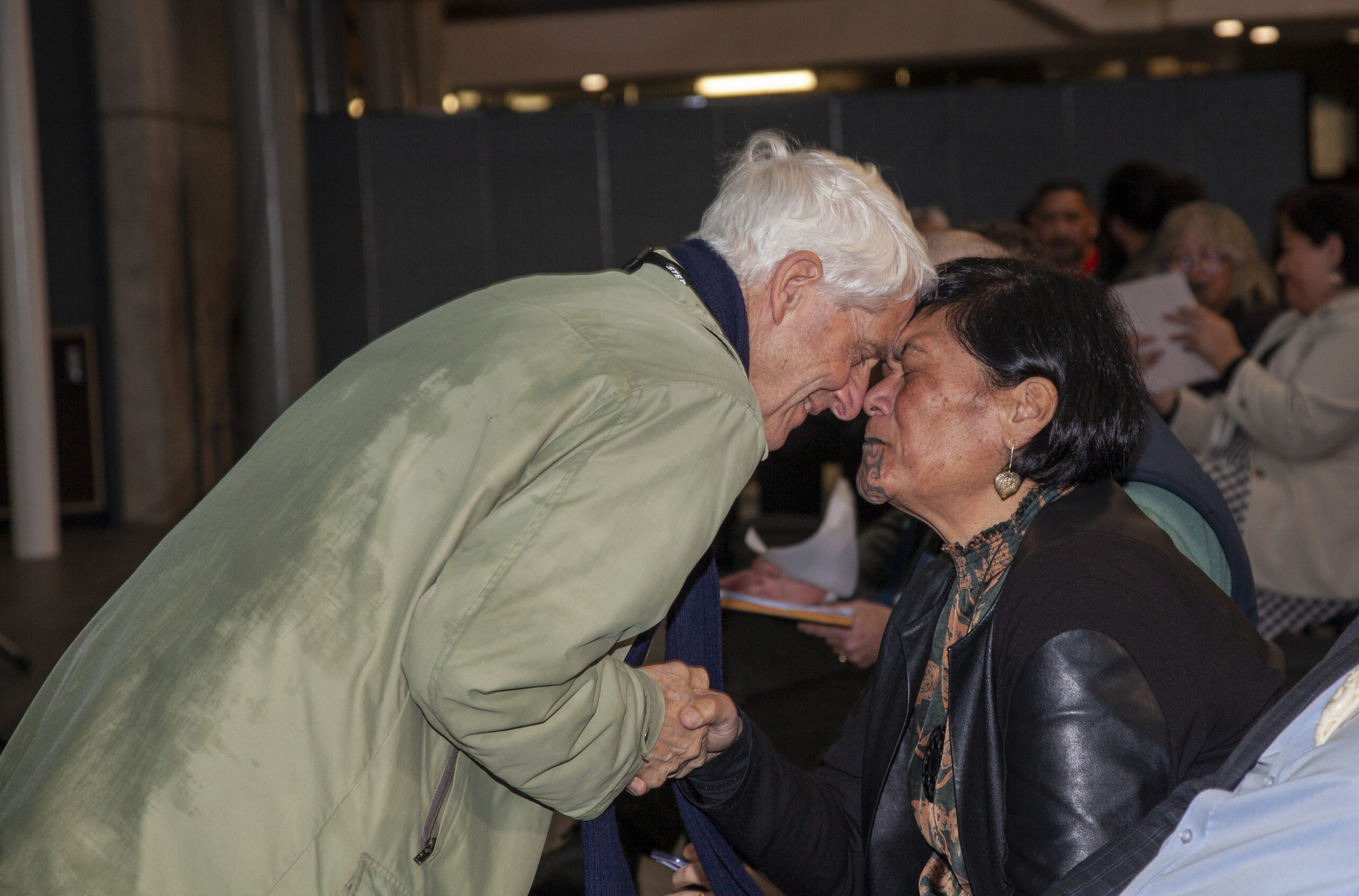
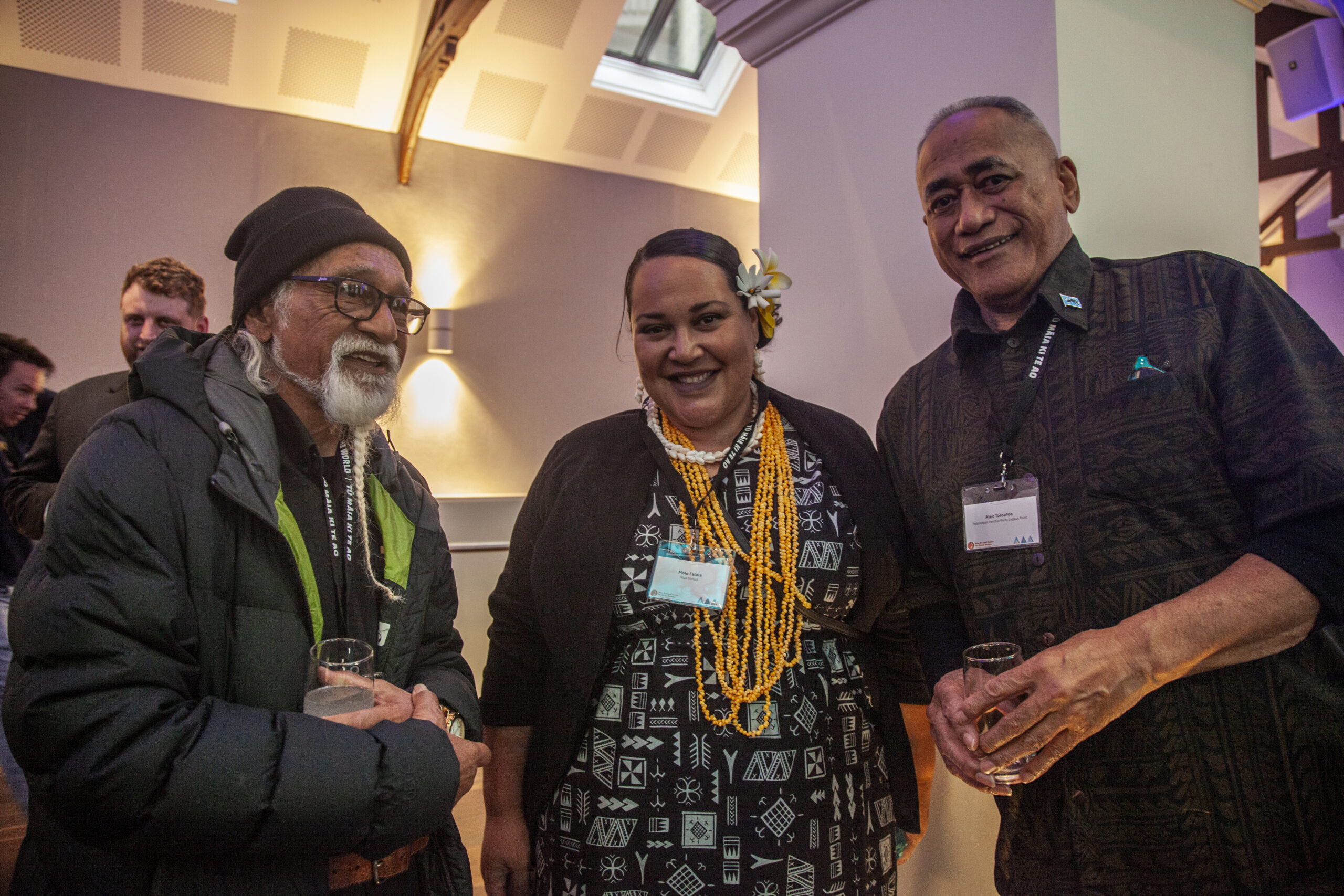

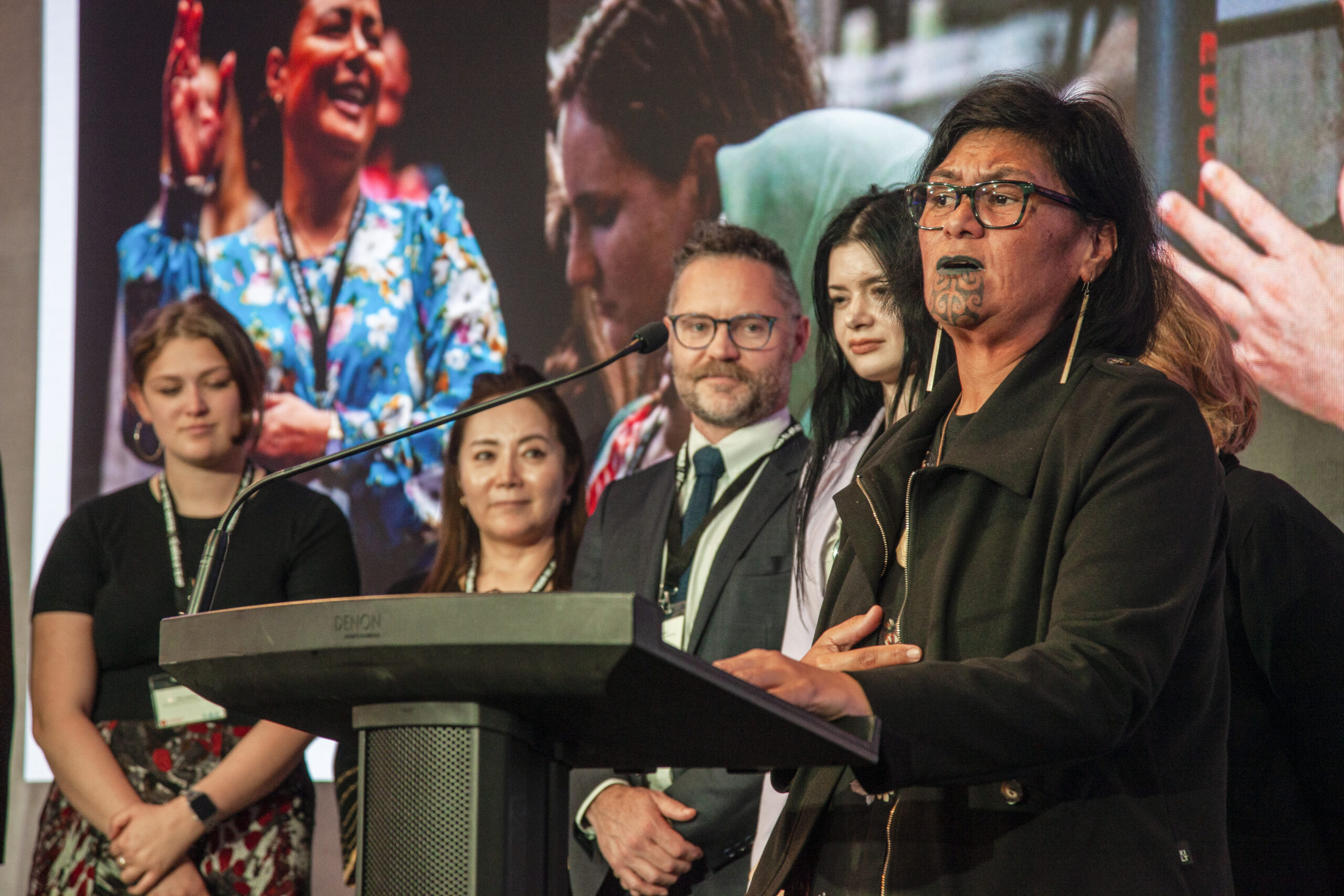
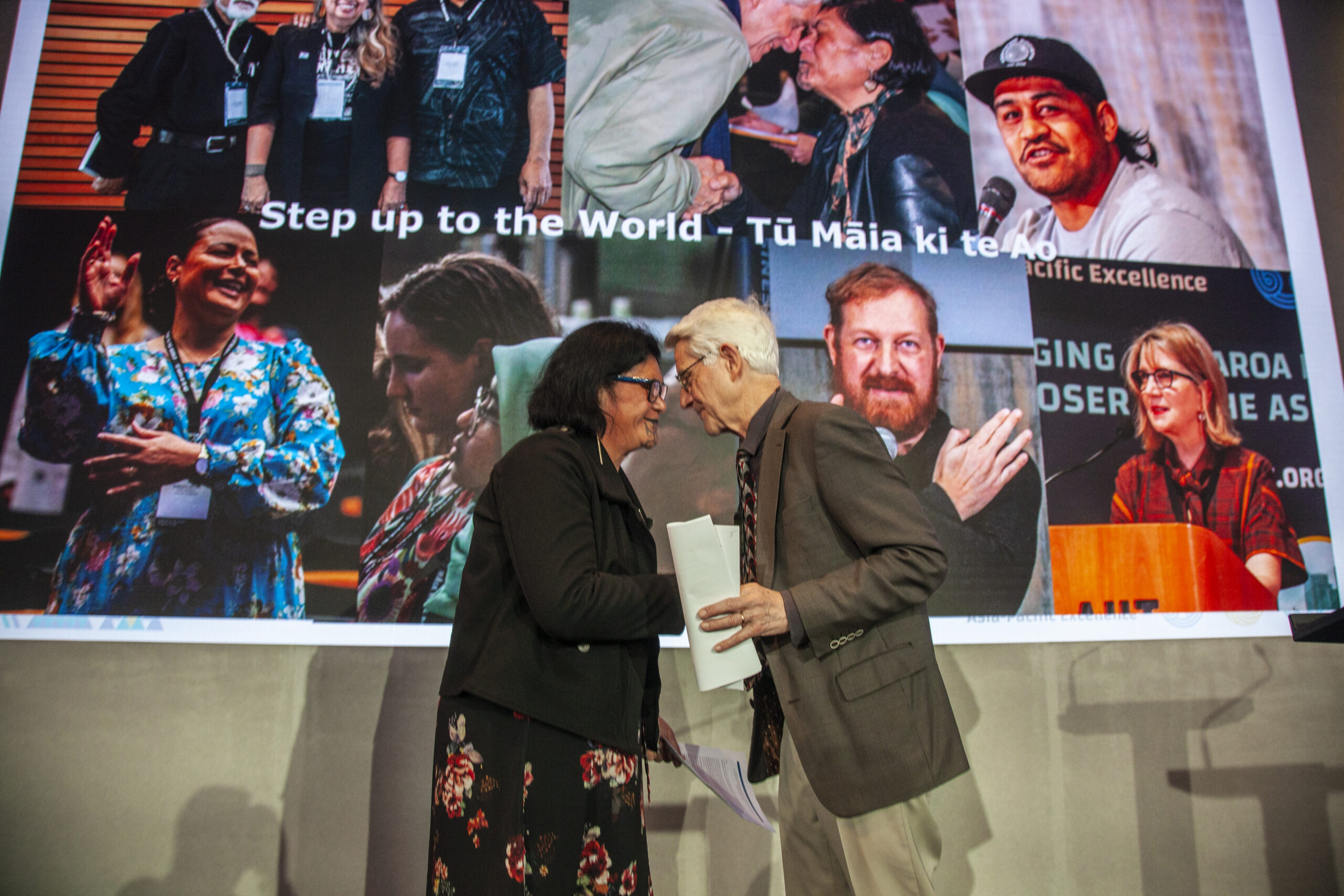
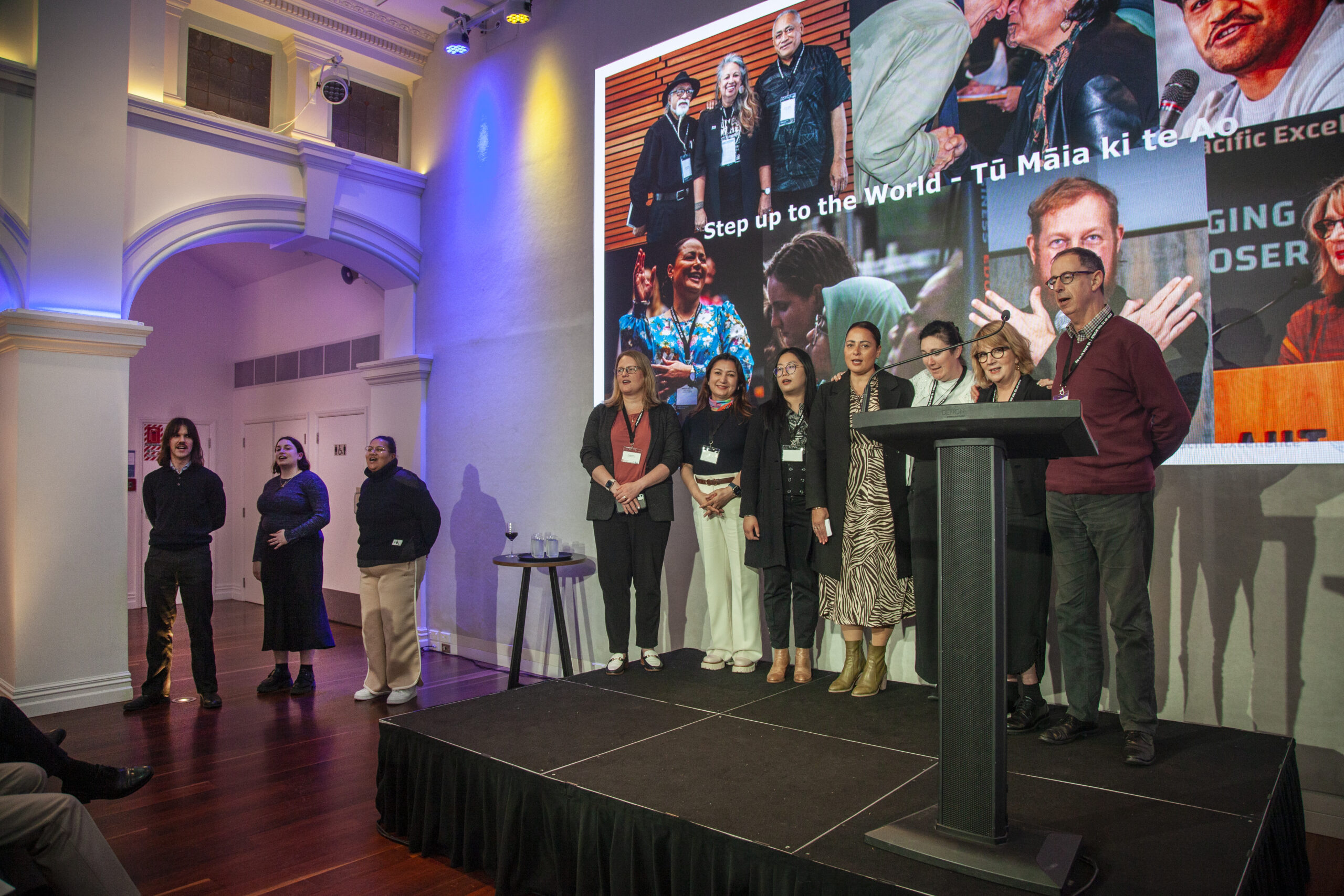
0 Comments